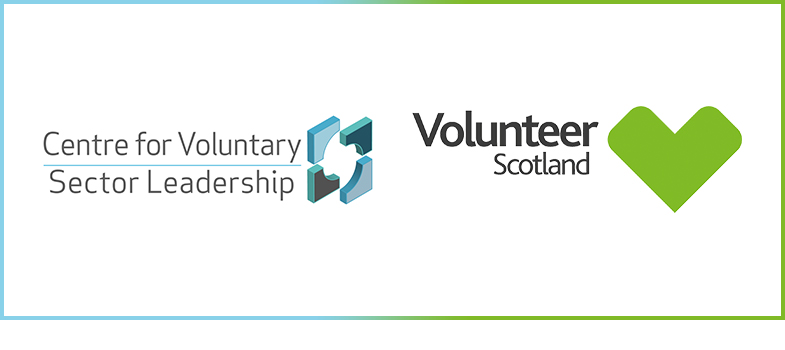3.2 ‘I want to feel welcomed and encouraged’
At this stage, a new volunteer has decided to take the next step and commit to volunteering with your group or organisation. They now need to be made to feel welcome and supported through the process of getting started.
We’ve all experienced being the new person somewhere and it can take a while to understand everything you need to know. So, creating an effective induction for new volunteers is crucial to make sure people know the group or organisation, feel part of the team, and get all the information and training they need for their role. Ultimately, you want to ensure that new volunteers are ready to ‘get started’ in their role so that they can go on to help make a difference.
While induction will sound like an appropriate word to some, to others it might sound unnecessarily formal. Volunteer Scotland has found many volunteers welcome the term induction as it provides clarity and, if done well, gives a sense of a group or an organisation being serious about involving volunteers in a meaningful way.
In this course the term induction is simply used to refer to the process you have that makes sure people feel ready to start in their role. For example, the Kilmaurs Gala Committee refer to this period as the ‘welcome’. Whatever the degree of formality, it ought to be proportionate to the context in which you operate, so you ensure it is easy for the volunteer to understand and get involved.
Lisa, from the Community Garden, talks about how induction differs depending on the role at the Community Garden.

Transcript: Lisa, Co-convenor, Polbeth and West Calder Community Garden. All rights reserved.
Depending on your context, some organisations also use the completion of an induction period, which includes relevant training, as another way of helping a volunteer decide whether they are right for the role. This time allows the volunteer to build confidence, understand the potential demands of the role, how they will be supported and start to build relationships with staff and volunteers.
If it is decided that the volunteer will not be suitable, they will need to be supported as it might be hard for an enthusiastic volunteer to realise they cannot fulfil the requirements of the role. This should include supporting them to find an alternative, more suitable role, either within your group or organisation or elsewhere.
In this video, James talks about learning more about volunteers during the training process and how this is managed if someone is not suitable.

Transcript: James, Volunteering Manager, LGBT Youth Scotland. All rights reserved.
And here, Randi talks about the value of the training for him.

Transcript: Randi, Volunteer, LGBT Youth Scotland. All rights reserved.
‘Be interested in me’ activity
